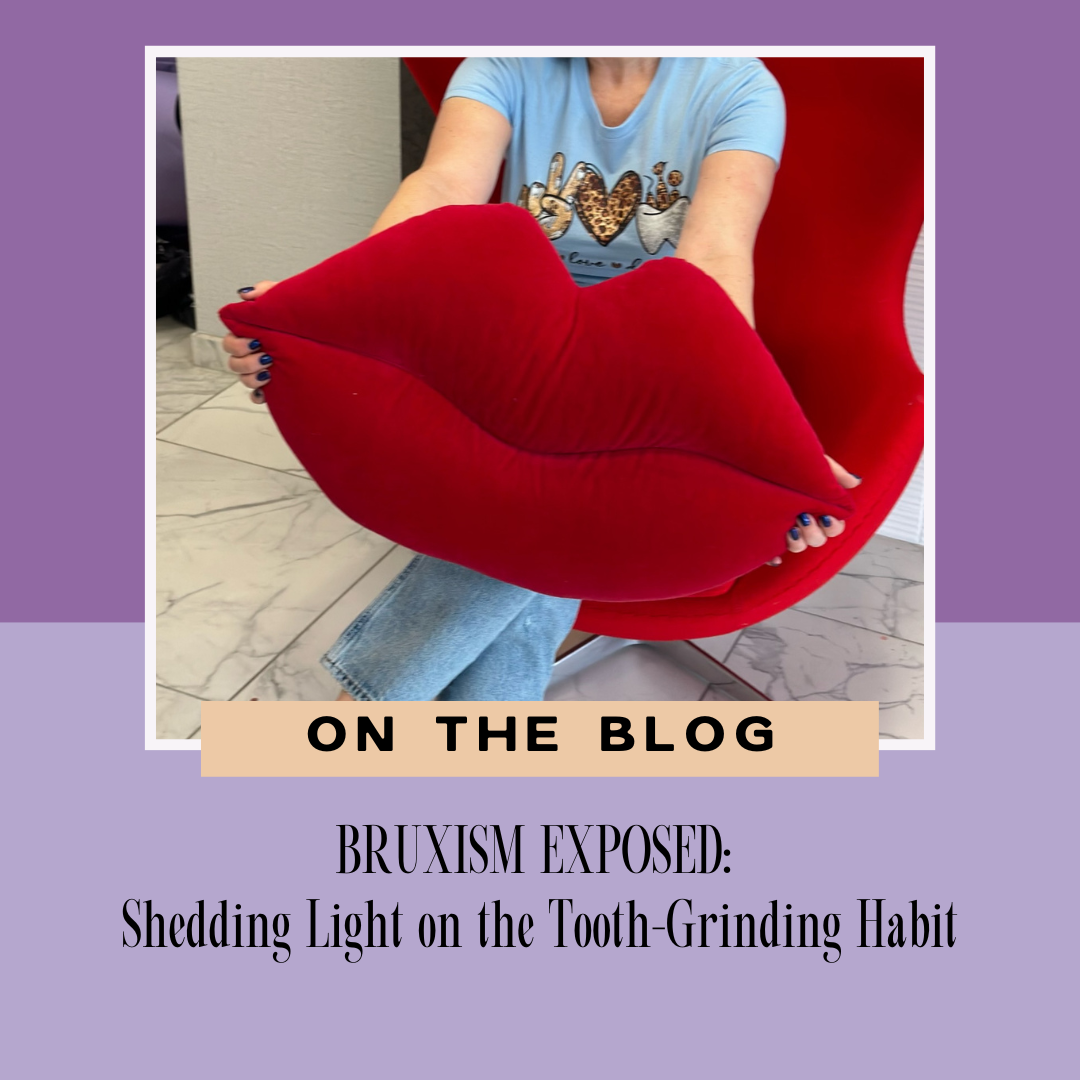Are you familiar with the term “bruxism”? It may sound like something out of a sci-fi movie, but in reality, it’s a common condition that affects many people. Bruxism refers to the habitual grinding or clenching of teeth. This is often done unconsciously during sleep or as a response to stress. This seemingly harmless habit can actually have serious consequences for your dental health. In this blog post, we’ll dive into the world of bruxism – exploring its causes, symptoms, and most importantly, how to put the brakes on this tooth-wearing habit.
Understanding the Causes of Bruxism:
Bruxism can have various underlying causes, including stress, anxiety, misaligned teeth, and even lifestyle factors. Identifying the root cause is essential in developing an effective treatment plan. Stress management techniques, relaxation exercises, and lifestyle adjustments can all play a significant role in curbing bruxism habits.
Unmasking the Symptoms of Bruxism:
Bruxism can be a sneaky culprit, often going unnoticed until it starts taking a toll on your dental health. Common symptoms include jaw pain, headaches, facial muscle soreness, and worn-down teeth. If you wake up with unexplained jaw pain or notice changes in the appearance of your teeth, it’s time to consider the possibility of bruxism. Early detection and intervention can prevent further damage and complications.
The Role of Dental Night Guards:
Dental night guards are a tried-and-true solution for managing teeth grinding. These custom-made oral appliances are designed to fit over your teeth, providing a protective barrier that cushions the impact of grinding and clenching. Night guards not only protect your teeth from wear but also alleviate jaw pain and reduce muscle tension. They are a simple and effective way to put the brakes on bruxism and preserve your dental health.
Stress Management Techniques & Lifestyle Adjustments:
Since stress is often a significant contributor to bruxism, incorporating stress management techniques into your daily routine can help break the cycle. Engaging in activities like exercise, meditation, deep breathing exercises, and seeking therapy or counseling can significantly reduce stress levels and decrease the likelihood of bruxism episodes.
Certain lifestyle factors can worsen bruxism. Limiting your intake of stimulating substances like caffeine and alcohol, practicing good sleep hygiene, and avoiding chewing on non-food objects can all contribute to minimizing the habit. Making conscious choices to protect your teeth and promote relaxation can go a long way in managing bruxism effectively.
Bruxism may be a sneaky habit, but with the right approach, you can put the brakes on teeth grinding and protect your dental health. By understanding the causes and symptoms of bruxism, using dental night guards, incorporating stress management techniques, and making lifestyle adjustments, you can break free from the grip of bruxism and preserve your beautiful smile.
If you suspect you may be grinding your teeth, it’s essential to seek professional dental care. At Cosmetic Dental Center of Baltimore, our skilled team can assess your condition, provide a thorough evaluation, and create a tailored treatment plan to address your specific needs. Don’t let grinding wear away your smile—take action today and put an end to teeth grinding for good.

Comments: